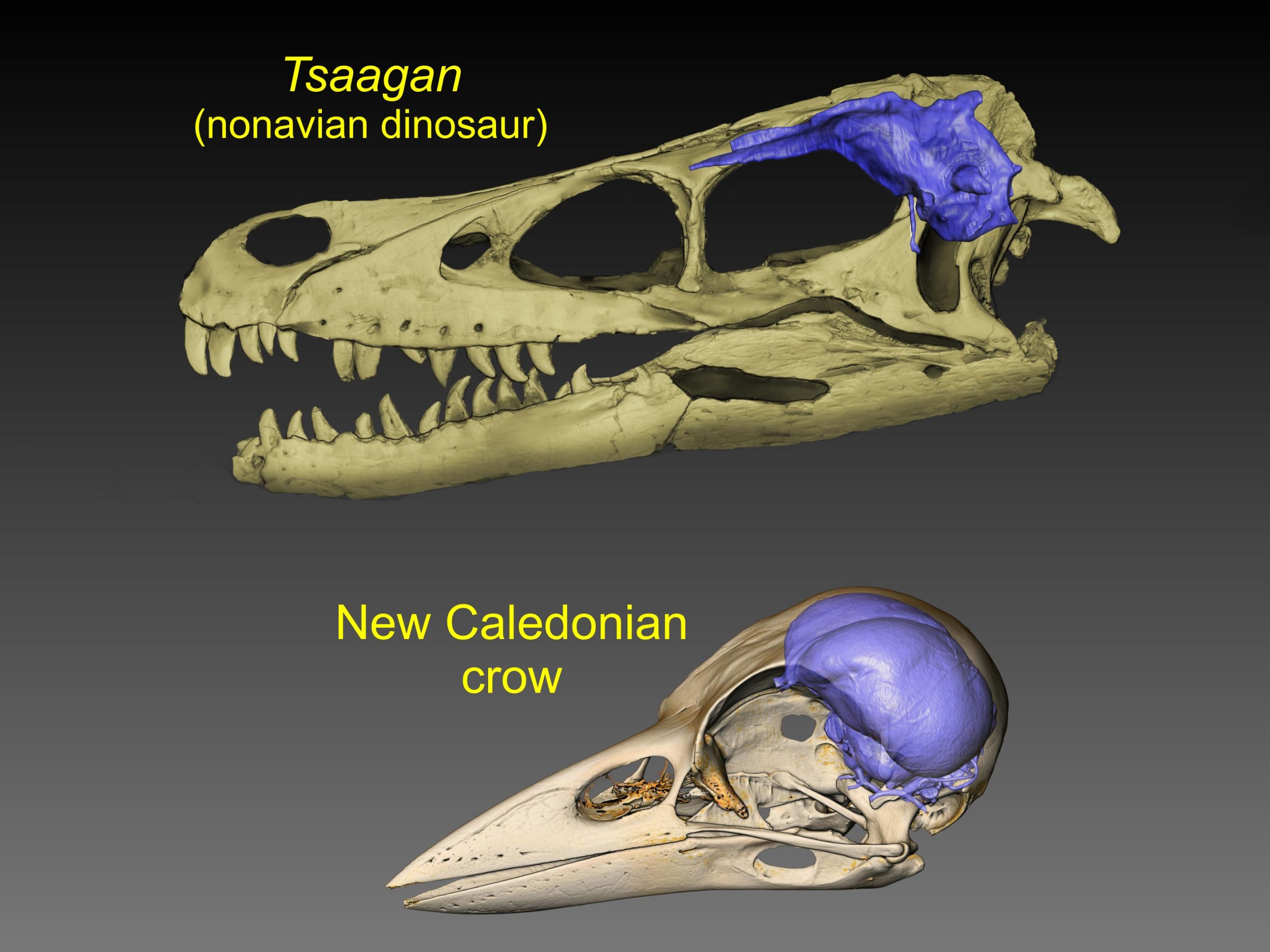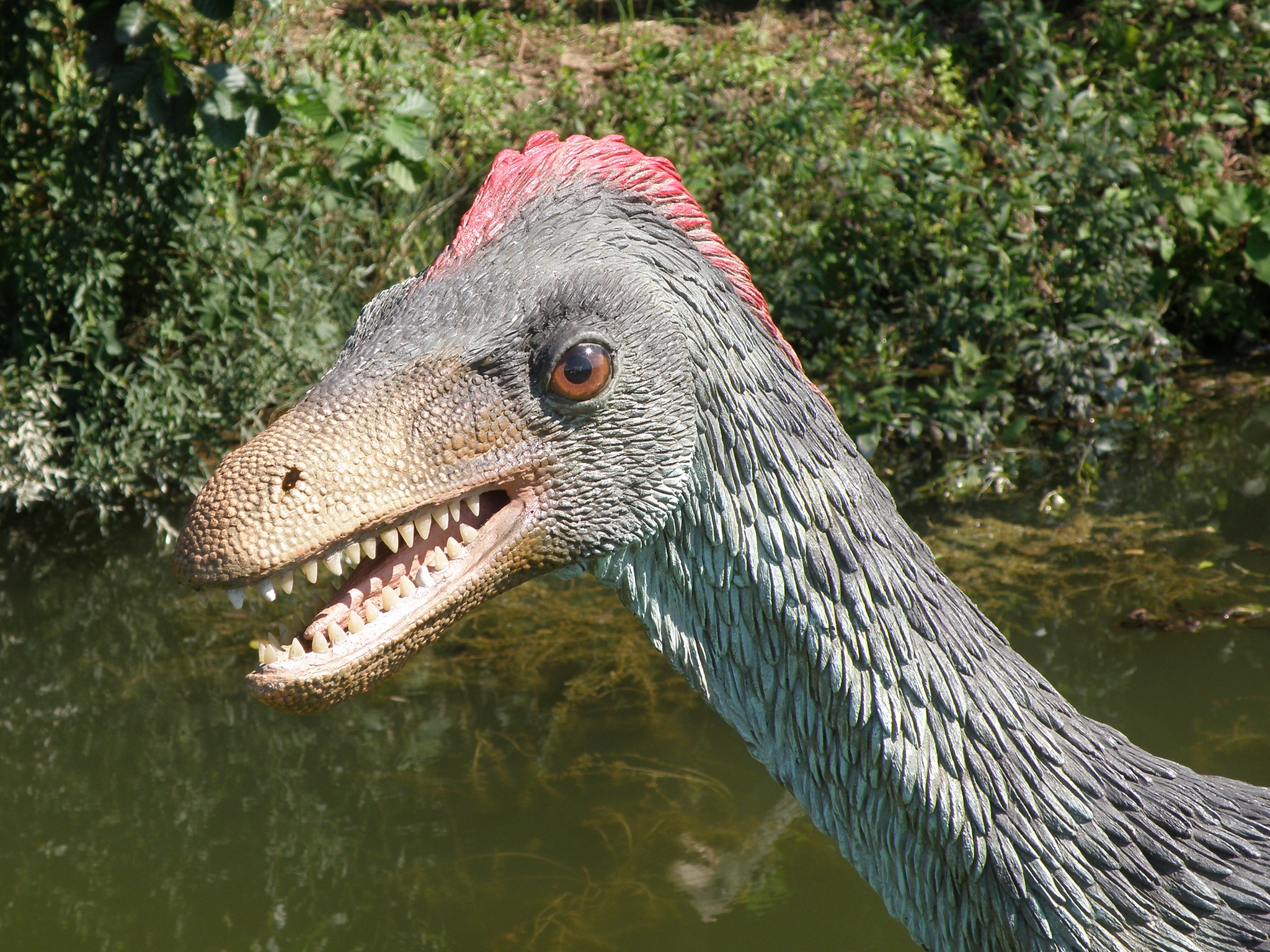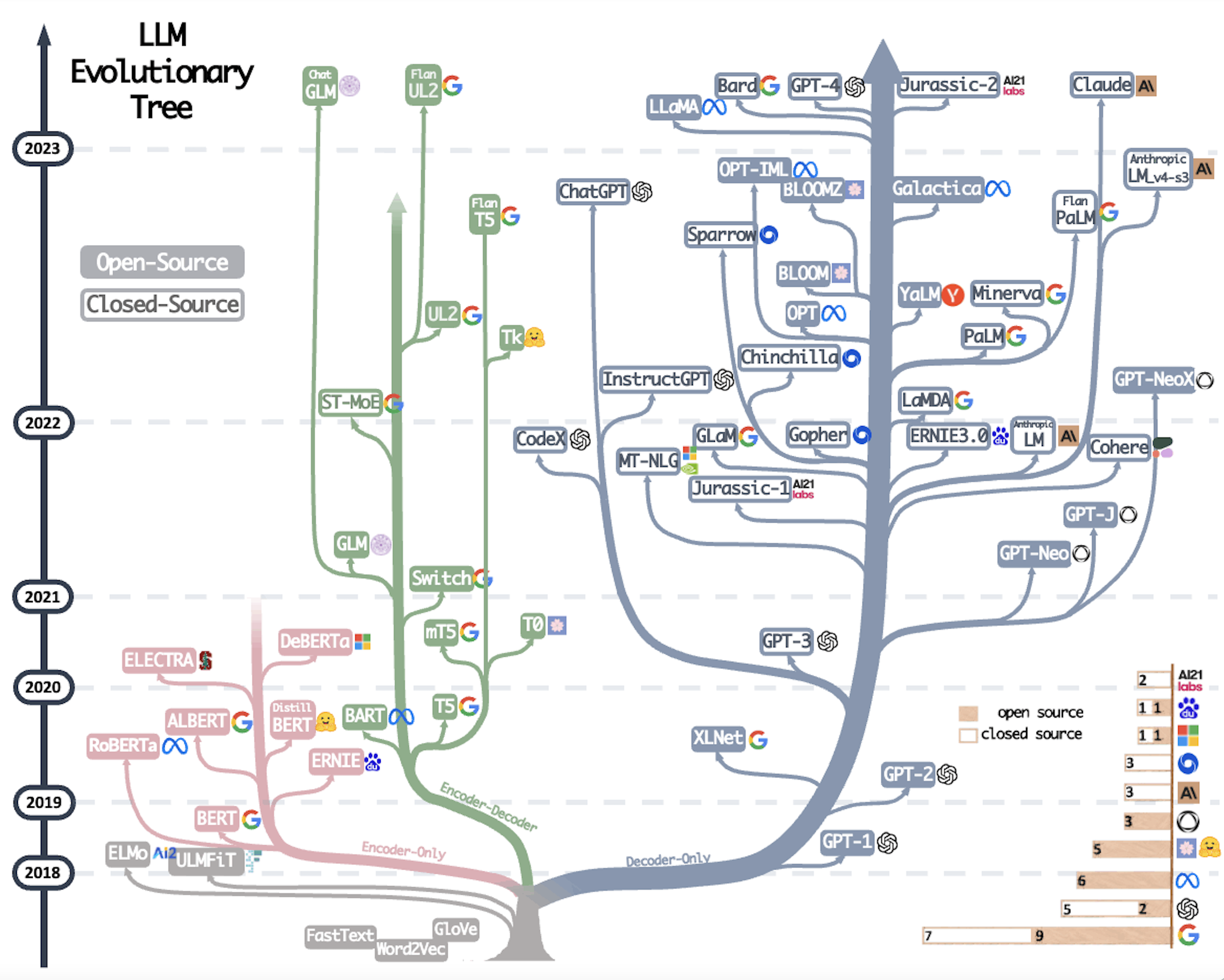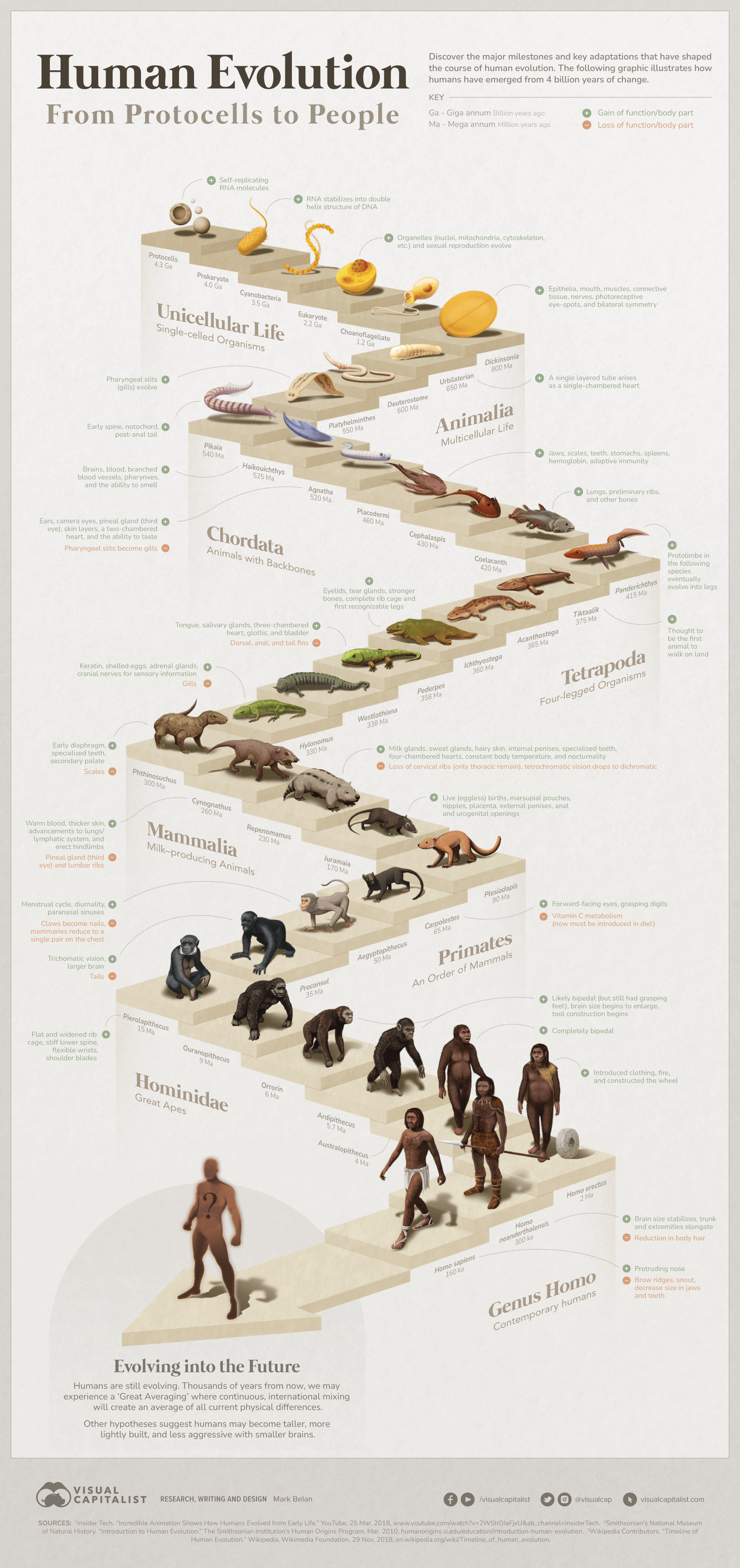Purdue owl has this example which is almost identical to ops case: · from others conversation,i found out they mentioned i was and sometimes they also … Who were these buildings designed by? If you wanted to talk about two, you would use a plural verb: But is the simple present indicative accepted as. · from others conversation,i found out they mentioned i was and sometimes they also mentioned i were. [bold mine] what does were to be mean there? · consider the following sentence, from introduction to control systems by malgorzata zywno: Two of the successful managers were asked. Were -ing (past continuous of be) is used to situations which were happening at a special time in the past and none hypothetical, it is more direct, not imaginative. The verb agrees with the subject, one. Note that if a summer were to be moved behind the block, the additional gain would be equal the value of the block gain, instead of its inverse. · 0 which of the three options is the correct one for this sentence? · that is, both were to (using the irrealis were ) and was to (using a past-tense verb) would usually be interchangeable in a sentence structured similar to yours, but that would be if the sentence was in non-fiction text. And as if it was is widely used, especially informally. You should not rely on this feature for medical, financial, or legal advice. Or who was these buildings designed by? 2. were——be的过去时复数和第二人称单数形式;有时代替 was,用于条件从句、动词 wish 之后等。 be动词,意思和用法很多,一般的意思是:是,此种用法,有多 … Was、were的用法和与is、am、are的区别区别如下:1、were是are的过去式,表示复数。2、was是is,am的过去式,表示单数。例句:there were many trees on … This ai-generated answer is powered by openai. As far as i know, this is a second-type conditional sentence, and there should be was there (not were. Does were /was refer to these buildings or who? Creating an answer for you using ai. Ai-generated content may sometimes contain inaccurate, incomplete, or biased information, so make sure you do additional research. One of the boxes is open. Is there any rules for i was/ were ? They were very impressed because it was dirty as if it was / it were / it had been very ancient. One of the successful managers was asked. · i learned from many sources that as if it were is accepted by all native english speakers. · is it was or were ask question asked 4 years, modified 4 years, Which of the following is correct ? What is the difference between were and have been, and are these sentences gramatically correct? 所以传到现代英语中,i am和he/she/it is的虚拟式的标准用法就应该是 if i/he/she/it were,而不是was。 由上面两表也可以看出,古英语中的虚拟式(虚拟语气)是非 … 1) some of the best known writers of detective fiction in the twentieth century were women. The friends found a strange old map under the bed.
Were We Ever Birds? Exploring A Controversial Evolutionary Path
Purdue owl has this example which is almost identical to ops case: · from others conversation,i found out they mentioned i was and sometimes they...









